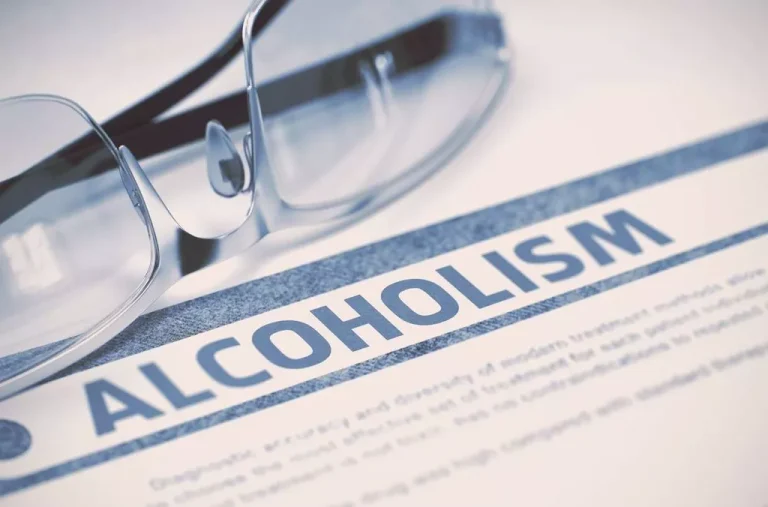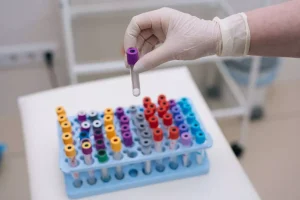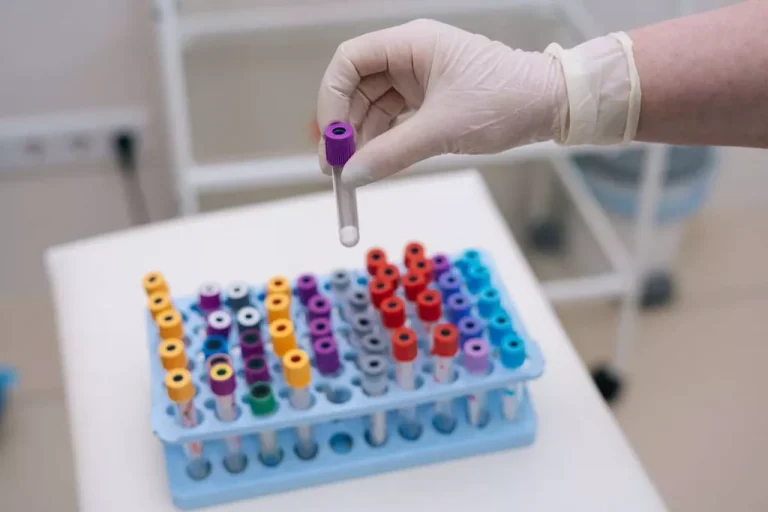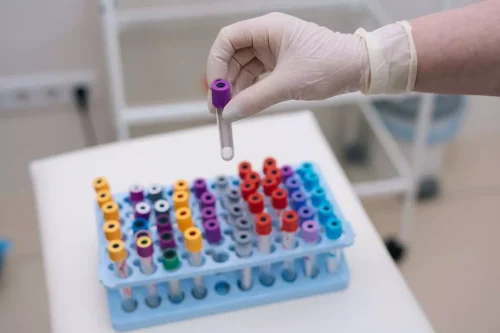
People with AUD have a heightened risk for depressive disorders, which are the most common co-occurring psychiatric disorders for this population. AUD and depressive disorders appear to share some behavioral, genetic, and environmental risk factors, yet these shared risks remain poorly understood. Many randomized trials have investigated treatments for co-occurring AUD and depressive disorders.
Epidemiology of co-occurring disorders

People with depression and anxiety might use alcohol to help ease symptoms, but excessive alcohol use can also worsen your mental health. There’s also a strong link between serious alcohol use and depression. If you have a mental disorder, like depression, schizophrenia, anxiety, or bipolar disorder, it’s common to have trouble with substances including alcohol. Some researchers have suggested that the effects of psychotherapy may account for some of the pill placebo response observed in medication studies. Over time, your brain’s reward pathway builds tolerance and requires more and more dopamine (via alcohol) to feel pleasure. This can lead to addiction and feelings of depression in the absence of the rewarding substance.
Factors Contributing to Alcohol Use and Depression
Bad sleep can easily affect your mood the next day, since exhaustion and lingering physical symptoms can make it tough to concentrate. You might notice certain times of the day or being around certain people will make you feel more anxious or more depressed and want to drink more. Noticing these moments can help you make a plan for different ways to cope. Drinking alcohol excessively can also get in the way of other activities, your relationships, and your self-esteem, which can further affect your mental health. People who are depressed and drink too much have more frequent and severe episodes of depression and are more likely to think about suicide. If you take medication for anxiety, or you take anti-inflammatory drugs or narcotics, drinking can cause problems with anxiety.
Get the Lasting Support and Relief You Need

Depression is different to anxiety (a feeling of worry or fear about what might happen, inability to concentrate and – for some people – panic attacks). But depression and anxiety sometimes go together – feeling anxious and worrying constantly can make you feel low. Anxiety disorders are a potential comorbidity of alcohol use disorder (AUD). People with AUD may have a higher risk of developing an anxiety disorder. According to the NIAAA, anxiety and other psychiatric disorders are common among those with AUD. AUD and psychiatric conditions may exacerbate each other, so it is possible for alcohol to worsen anxiety.
- This later stage of addiction marks a shift from impulsive use driven by positive reinforcement to compulsive use driven by negative reinforcement.
- “Depression and alcohol misuse are often tied because we take a depressant to counter a chemical depression which only makes it worse.”
- Several studies suggest that military veterans are more likely to experience depression, post-traumatic stress disorder (PTSD), and misuse alcohol.
- Mutual-help groups also can be effective elements of treatment for co-occurring AUD and depressive disorders.
- Finally, Schuckit’s research group followed 239 alcoholic men 1 year after they received alcoholism treatment, and the data revealed no significantly increased rates of major depressive or anxiety disorders (Schuckit and Hesselbrock 1994).
If someone is sick because of a hangover, they might not be able to attend to their responsibilities at home, school, or work—which can, in turn, fuel their anxiety. When someone first has a drink of alcohol, it often has a sedative effect. Taking action to manage negative emotions as you experience them can help keep them https://ecosoberhouse.com/ from getting too overwhelming. A glass of water and a light snack can help you avoid a bad hangover. Exercise often provides a natural mood boost, so you’ll probably feel better once you get moving. This, combined with heightened mood states, can have some unpleasant effects.
Alcohol’s Effects
Alcohol changes levels of serotonin and other neurotransmitters in the brain, which can worsen anxiety. Few people may realize it, but you can actually be allergic or intolerant to alcohol. Anywhere from 7% to 10% of the general population has such an allergy, though it affects about 35% of those with Asian backgrounds.
- People with depression frequently lose interest in activities that once brought them joy like hobbies and social events.
- If you already feel a little low, giving yourself a hard time for overdoing the alcohol probably won’t improve matters.
- Data from studies of depression indicate that the substantial variability in the symptoms presented reflects a heterogeneous pathophysiology,32 yet research on heterogeneity in co-occurring AUD and depressive disorders remains limited.
- Maybe you tossed and turned, had bizarre dreams, or woke up with your heart racing.
- The sense of relaxation you feel when you drink can often be attributed to your blood alcohol content (BAC).
- But if you have trouble managing your drinking, become fixated on alcohol, or keep drinking even though it may cause issues, you might have alcohol use disorder.
The Link Between Binge Drinking, Anxiety, and Depression

Another proposed theory refers to an expectancy component in people with anxiety who use alcohol. In this situation, a person expects to get relief from their anxiety symptoms when they consume alcohol because of its effect on the central nervous system (CNS). The whole idea behind self-medicating is alcohol and depression using alcohol, drugs, supplements, or other substances as ‘home remedies’ to handle health problems.
When to speak with a doctor
This insularity and particularism continue to impose significant opportunity costs in this field. If you have social anxiety or a social phobia, therapy may work best to reduce your levels of anxiety (combined with a medication such as sertraline, or Zoloft). There is a lot that we still need to understand about the link between alcohol and depression, and this is an emerging area of research.
What to Know About Alcohol and Mental Health
- This review broadens the psychiatric perspective on the association between diagnosable alcohol and anxiety disorders to include the psychological/learning and neuroscientific disciplines.
- It is also important to remember that some studies indicate a potential relationship between alcoholism and anxiety/ depressive disorders.
If you already have depression, you might feel even worse, since alcohol can magnify the intensity of your emotions. While alcohol use can directly trigger feelings of depression, it can also contribute to symptoms in more indirect ways. It’s not uncommon to use alcohol to cope with difficult feelings and experiences.
Treatment for Co-Occurring Depression and Alcohol Use Disorder
If you suspect that you have an alcohol use problem, effective treatments are available. Talk to your doctor about medications, therapy, and support groups that can help you manage your alcohol consumption. A person with an anxiety disorder is two to three times more likely to develop an alcohol use disorder at some point in their life compared to someone who has never been diagnosed with anxiety. If you feel you’re drinking more than you’d like or your alcohol use is making your depression symptoms worse, there are some things you can do.

